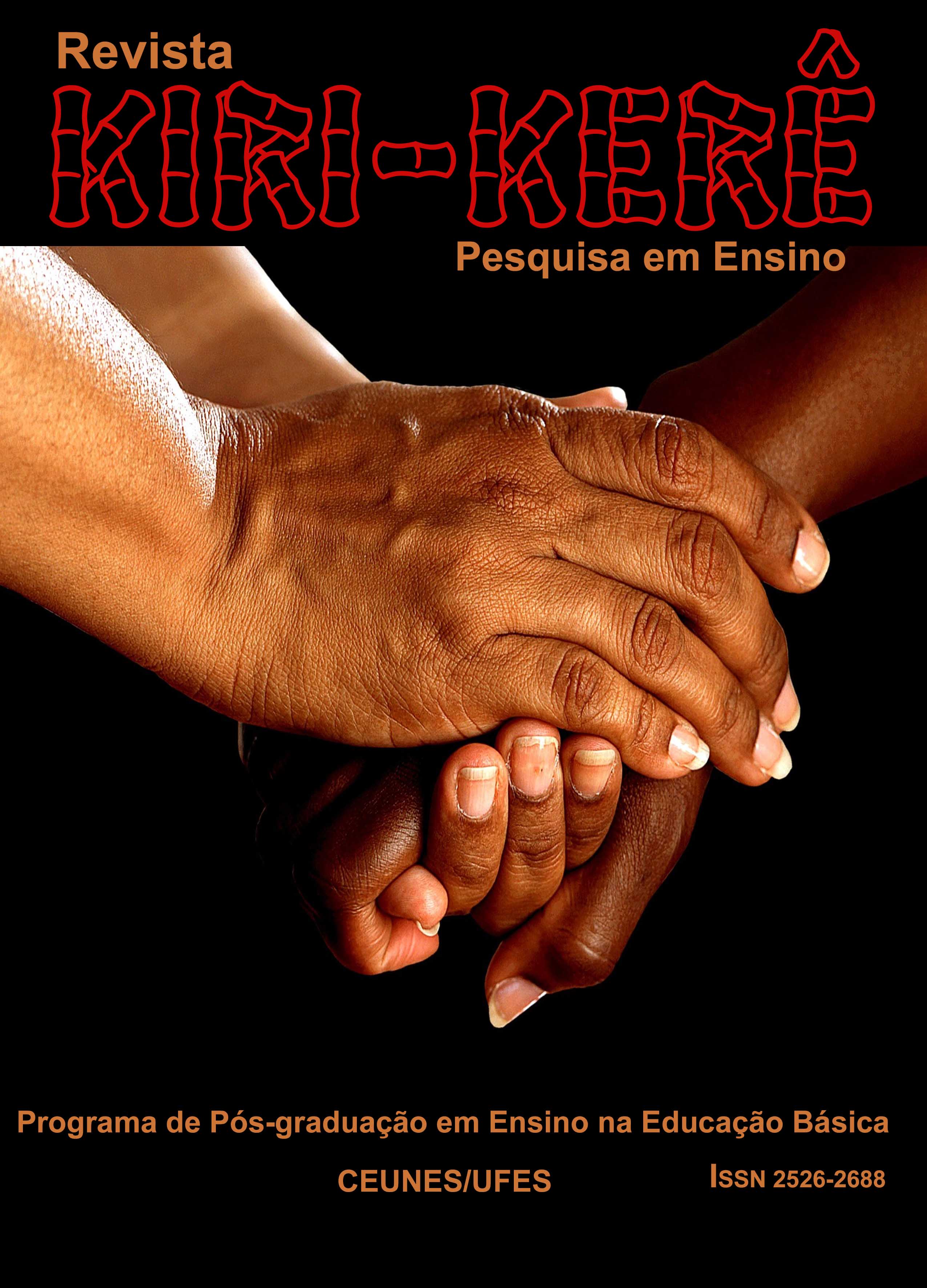Student Retention Policies
faces of the inclusion of low-income young people in Public Higher Education on a campus in the Amazonas’ countryside
DOI:
https://doi.org/10.47456/krkr.v1i14.38362Keywords:
University education; Student retention policies; YouthAbstract
This study presents the results of a research developed in the period of 2020/2021 under the Scientific Initiation Program of a federal university. The main concern of the study was to deepen knowledge about the factors that contribute to the permanence of young people from the lower classes who access the undergraduate courses at this university. The guiding question that conducted the investigative process was the following: What factors are involved in the permanence of low-income young people who access undergraduate courses? The field work was authorized by the Ethics and Research Committee, however, with the aggravation of the pandemics situation, the application of the survey forms took place in an online format. Due to the nature of the object and objectives of the study, the data was analyzed using a qualitative approach. Among the 130 emails sent to academics inviting them to participate in the research, only 53 participants replied. After analyzing the data, it was possible to verify the relevance that grants and scholarships assume in the permanence of students from low-income classes at the university, although the number of actions and programs is still not enough to meet the growing demand of those in need.
Downloads
References
BRASIL. Decreto nº 7.234, de 19 de julho de 2010. Dispõe sobre o Programa Nacional de Assistência Estudantil - PNAES. Brasília, 2010b. Disponível em:
<http://www.planalto.gov.br/ccivil_03/_Ato2007 2010/2010/Decreto/D7234. htm> Acesso em: 22 janeiro. 2021.
______. Decreto-lei nº 6.096 de 24 de abril de 2007. Institui o Programa de Apoio a Planos de Reestruturação e Expansão da Universidades Federais – REUNI. Disponível em: http://www.planalto.gov.br/ccivil_03/_Ato2007- 2010/2007/Decreto/D6096.htm. Acesso em: 22 de janeiro de 2021.
______. Lei n. 12.711, de 29 de agosto de 2012. Dispõe sobre ingresso nas universidades federais e nas instituições federais de ensino técnico de nível médio e dá outras providências. Disponível em: http://portal.mec.gov.br/cotas/docs/lei_12711_29_08_2012.pdf. Acesso em: 22 de janeiro de 2021.
CASTRO. Alda Maria Duarte Araújo. Ensino superior no Brasil: expansão e diversificação. In: CABRAL NETO, Antonio; NASCIMENTO, Ilma Vieira; LIMA, Rosângela Novaes (Orgs.). Política pública de educação no Brasil: compartilhando saberes e reflexões. Porto Alegre: Sulina, 2006. p. 103-146
CATANI, Afrânio Mendes; OLIVEIRA, João Ferreira. A Educação Superior. In: ADRIÃO, Theresa; OLIVEIRA, Romualdo Portela de (orgs.). Organização do ensino no Brasil: níveis e modalidades na Constituição e na LDB. 2. ed.- São Paulo: Xamã, 2007. p. 73-84
DUBET, François. Qual democratização do ensino superior? Anais...CadernoCrH, Salvador, v.28, n.74, p. 255-265, Maio/Agosto.2015.
GIMENEZ, Felipe; LIMA, Elizeth; MACIEL, Carina. Políticas e permanência para estudantes na educação superior. RBPAE, V.32, n.3, p. 759-781, 2016.
INSTITUTO NACIONAL DE ESTUDOS E PESQUISAS ANÍSIO TEIXEIRA. Sinopse
Estatística da Educação Superior 2019. Brasília: Inep, 2020. Disponível em: <http://portal.inep.gov.br/basica-censo-escolar-sinopse-sinopse> Acesso em: 22/Janeiro/2021
LAKATOS, Eva Maria; MARCONI, Maria de Andrade. Fundamentos de Metodologia Científica. 6. ed. São Paulo: Atlas, 2006.
SILVA, Maria das Graças Martins da; NOGUEIRA, Patrícia Simone. Expansão na educação superior e a política de democratização: avanços e contradições. In: SILVA, Maria das Graças Martins da. (Org.). Políticas Educacionais faces e interfaces da democratização. Cuiabá: EdUFMT, 2011.
ZAGO, Nadir. Do acesso à permanência no ensino superior: percursos de estudantes universitários de camadas populares. Revista Brasileira de Educação v. 11 n. 32 maio/ago. 2006.
Downloads
Published
Issue
Section
License
Copyright (c) 2022 NARA MACIEL FALCÃO LIMA, Fabrícia da Silva Pires

This work is licensed under a Creative Commons Attribution-NonCommercial 4.0 International License.
The authors accept, when sending their works, the assignment of their copyrights.


